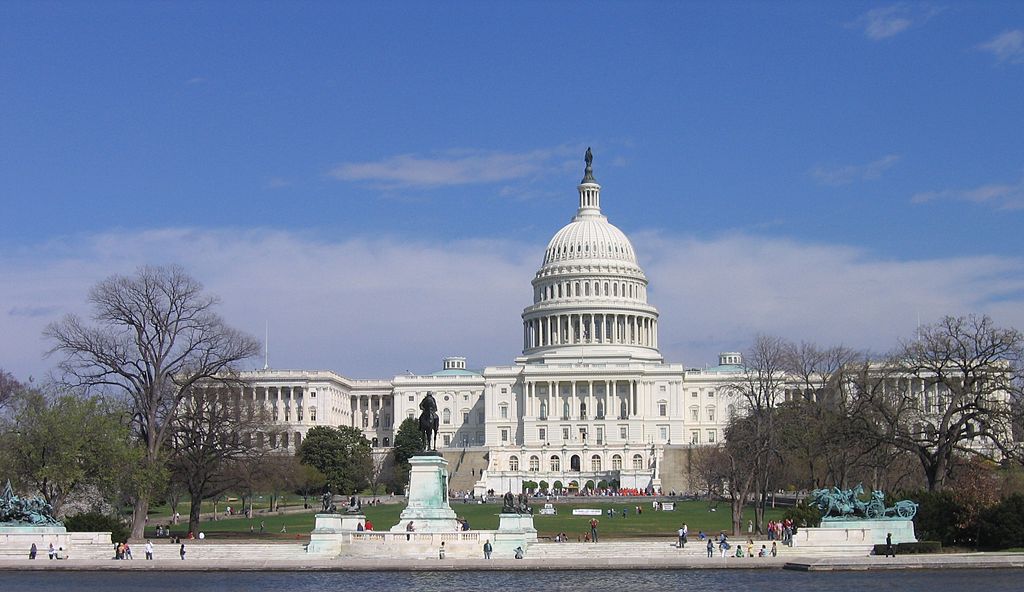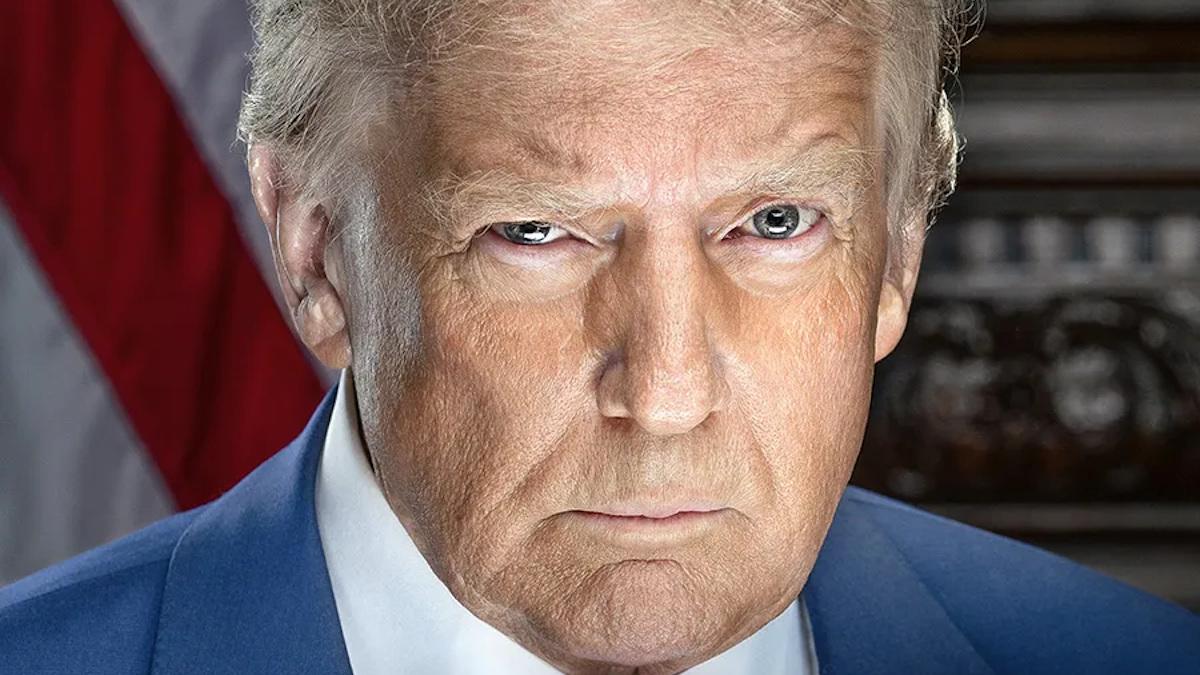Republicans unveil Obamacare replacement plans

The Republican Party has revealed its long-awaited plan for replacing the Affordable Care Act, legislation which President Obama introduced to increase healthcare insurance to millions more Americans.
But there have been concerns that higher-than expected costs have raised premiums for many Americans.
The Republicans have opposed Obamacare since it was first suggested, as it runs against the party’s ethos of reducing the reach of the federal government. But it is already clear that replacing the law will be much more problematic than President Trump had originally claimed.
The legislation unveiled yesterday by the speaker of the House of Representatives, Paul Ryan, was described as a law to “repeal and replace” the legislation known as Obamacare.
However the plans have been met with immediate criticism, with many experts predicting the plans would increase premiums and deny coverage for millions.

House speaker Paul Ryan
Repealing Obamacare was a key election promise of president Donald Trump, but the bill as proposed does not completely replace Obama's legislation.
Republicans want to remove the 'individual mandate' which requires most US citizens to obtain and maintain health insurance - something which they said infringed the rights of Americans.
Also gone is the mandate that all employers with more than 50 full-time employers offer health insurance to their staff, or pay a fee.
The legislation removes limits on out-of-pocket expenses on insurance schemes. The American Health Care Act will also replace a system of subsidies for poorer citizens, with a tax credit scheme designed to encourage them to find employment.
Paul Ryan said in a statement: "Skyrocketing premiums, soaring deductibles, and dwindling choices are not what the people were promised seven years ago. It's time to turn a page and rescue our health care system from this disastrous law.
"The American Health Care Act is a plan to drive down costs, encourage competition, and give every American access to quality, affordable health insurance," added Ryan.
He said the bill would protect patients with pre-existing conditions and would offer a stable transition for those enrolled in insurance on state-run Obamacare exchanges.
The proposed law removes some key parts and amends others, in an attempt to reduce disruption to the healthcare system.
It would see individuals offered refundable tax credits to purchase health insurance, and would involve a restructuring of the Medicare system.
Pharma has been closely watching the situation because of the industry’s heavy reliance on the US healthcare market for sales.
Other measures are amended – such as restrictions on charging more for older Americans. Insurers will now be allowed to charge older citizens five times as much as younger ones, as opposed to charging them three times as much under Obama’s regulations.
But the bill keeps 10 essential health benefits including maternity care, and prohibition on annual and lifetime limits on how much insurers will have to pay to cover someone.
The changes are set to come into force at the beginning of 2018.
News outlets immediately set to work to explain the new legislation – but those who supported Obama made their feeling known through a series of memes.
https://twitter.com/nytimes/status/838932481529233408
The LA Times offered a more detailed analysis of the impact of the proposals.
Opponents of the bill say it will increase health insurance premiums and reduce coverage, because of repeal of the cornerstone individual and employer mandates.
The Republicans have a majority in both the Senate and the House of Representatives, so the bill is likely to get through the legislative process.
The bill will now proceed to two House committees, the Energy and Commerce and Ways and Means committees, which will examine the bill on Wednesday, and could add amendments.
Next it moves to the Budget Committee and the Rules Committee before arriving at the full House, which Republicans hope can happen before Easter.
However division within the Republican party – including splits between hardliners who want to see more radical reform, and those who fear many people losing health insurance will be vote-loser, could disrupt and slow the progress of the bill.













